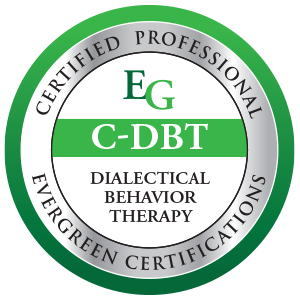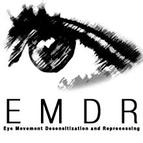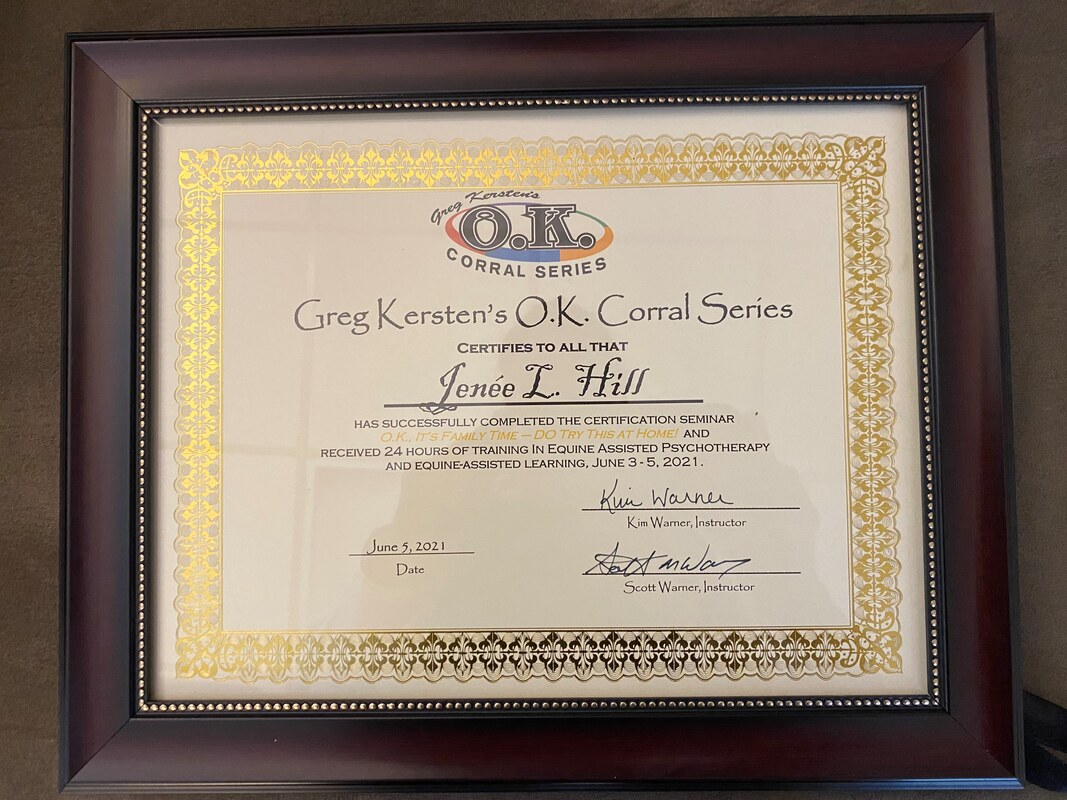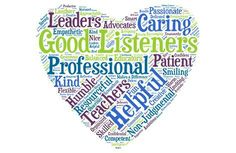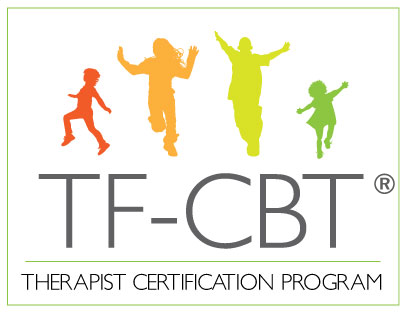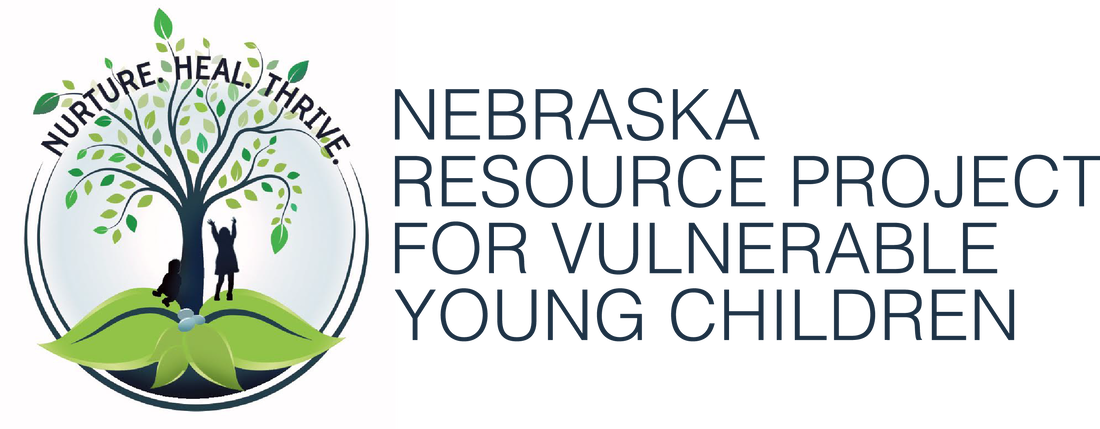| tf-cbt_certificate.pdf | |
| File Size: | 191 kb |
| File Type: | |
| tf_cbt_certicate_2-9-2021.pdf | |
| File Size: | 118 kb |
| File Type: | |

Hours of Lotus Counseling LLLC
Monday through Thursday
8:00am-7:00pm
Fridays
8:00am-1:00pm
NOW BOOKING SATURDAY
APPOINTMENTS FOR EQUINE ASSISTED
LEARNING AND PSYCHOTHERAPY FOR
CHILDREN AND FAMILIES. For information call
308-532-5565 Ext. 1
Additional Information
| new_counseling_opportuniy_telehealth_letter.pdf | |
| File Size: | 223 kb |
| File Type: | |
| nebraska_telehealth_patient_consent_form_revised_03-25-2020.pdf | |
| File Size: | 145 kb |
| File Type: | |
LOTUS COUNSELING LLC I now offering HIPPA compliant video conferencing telehealth sessions. If interested or you would like more information please call 308-532-5565 Ext. 1 and leave your name and phone number.
The Nebraska Telehealth Consent Form which is the pdf form above must be completd and signed and FAXED to 308-532-5575 attention Jenee' prior to the first session.
If you are 18 years old or younger a parent/legal guardian must sign this form as well. Thank you
